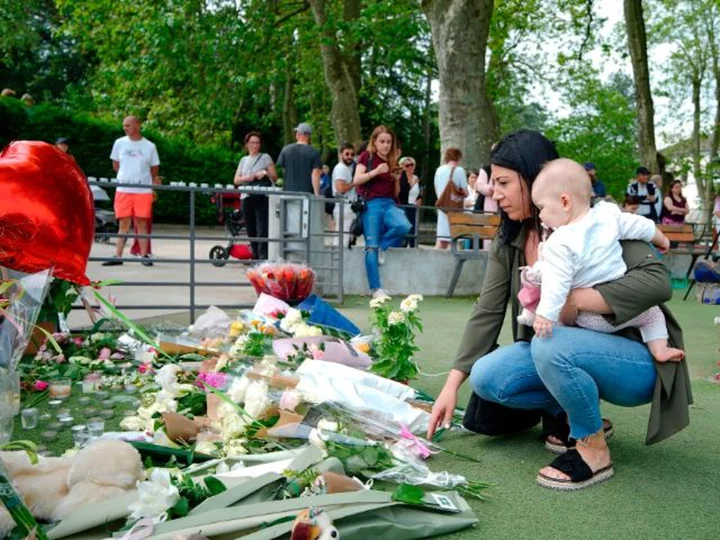
Young backpacker who tried to stop knife attack in southeast France hailed as hero
A 24-year-old man has been hailed as a hero for chasing a man suspected of launching a knife rampage in Annecy, which left six people injured including four toddlers.
2023-06-09 23:20

Afghans in UK visa limbo as Pakistan vows to expel migrants
Afghans who worked with the UK are living in fear in Pakistan as it cracks down on migrants without visas.
2023-10-13 12:49

Former Republican official in Georgia subpoenaed over Trump efforts to change election result
A former Republican lieutenant governor of Georgia has received subpoenas to speak before a grand jury in Fulton County this month, according to a new report. Geoff Duncan – a sharp critic of Donald Trump’s efforts to upend Georgia’s election results – was subpoenaed to testify before the grand jury, according to sources familiar with the investigation into the 2020 election interference in Georgia that were cited by CNN. In a recent interview with CNN, Mr Duncan had committed to testifying in front of the grand jury, saying he’ll “be there to answer the facts as I know them and to continue this process of trying to discover what actually happened during that post-election period of time”. “We can never repeat that in this country. Certainly, I never want to see that happen in my home state of Georgia, a lot of good peoples’ lives were uprooted, and a lot of people’s reputations have been soiled,” he said. The former Republican official said he would be “willing to testify and tell the truth in as many settings as I possibly can”, when asked whether he would be willing to testify in any other related trials. Last week, Mr Duncan likened picking Donald Trump to be the 2024 GOP nominee to “peeing in your pants”. The former Republican official attacked the ex-president in an appearance on CNN. “Nominating Donald Trump for the Republican Party is a lot like peeing in your pants, right?” Mr Duncan said. “It’s gonna feel good for a couple of seconds, but then you wake up and realise the realities of what you just did.” “We’re gonna get beat in the general [election] because we picked the wrong candidate. We couldn’t get out of our own way,” he continued. Meanwhile, Mr Duncan chose not to discuss when he might appear before the grand jury. “I don’t want to infringe on any details of the investigation, so I’ll leave that offline and off of this commentary here. But I’m committed to telling the truth – I know a number of people are around this process.” Read More Republicans are talking up the possibility of impeaching Biden. Is it what voters want to hear? Trump posts another attack on judge ahead of first court deadline Jack Smith accuses Trump of aiming to try election case in media after he opposed protective order - latest Trump and Biden tied in hypothetical 2024 rematch: poll Mississippi candidates for statewide offices square off in party primaries Jack Smith accuses Trump of wanting to try Jan 6 case in media in fight over evidence
2023-08-08 13:55
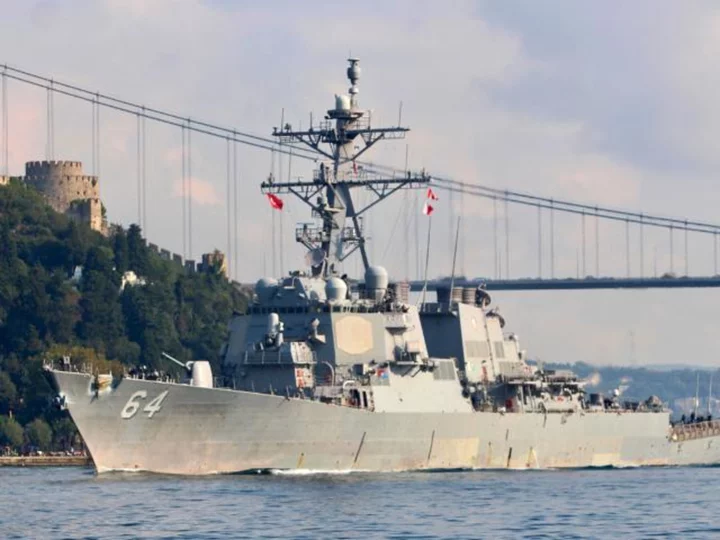
First on CNN: US Navy warship near Yemen intercepts multiple missiles, US officials say
A US Navy warship operating in the Middle East intercepted multiple projectiles near the coast of Yemen, two US officials told CNN.
2023-10-20 02:53
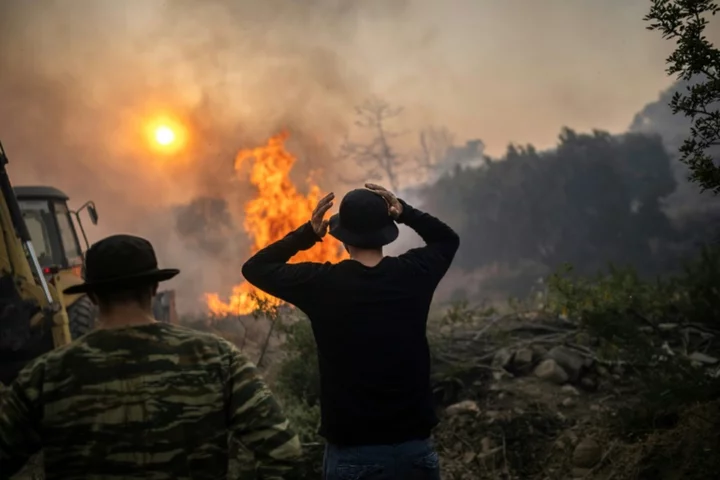
Mediterranean nations fight heat and deadly fires
Greece was expecting scorching heat on Wednesday as crews scrambled to douse deadly wildfires that have also struck...
2023-07-26 16:29
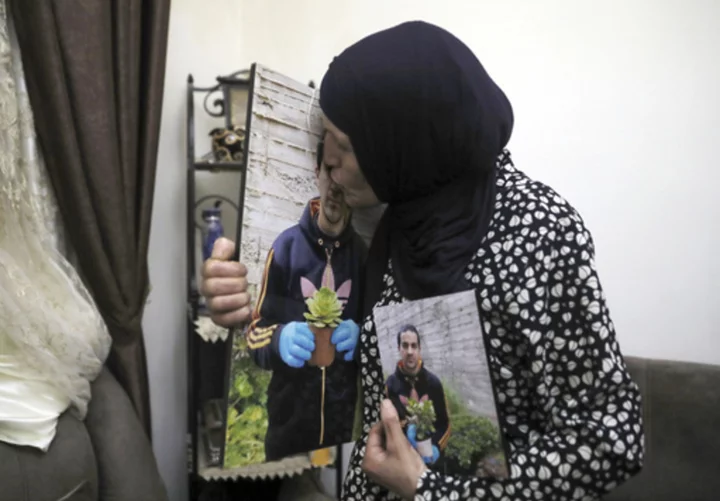
Israeli court acquits border police officer charged with killing autistic Palestinian man
An Israeli court has acquitted a border police officer who was charged with reckless manslaughter in the deadly shooting of an autistic Palestinian man in Jerusalem’s Old City three years ago
2023-07-06 21:56

More than 1 million barrels of oil removed from deteriorating tanker moored off Yemen, UN says
The United Nations says an environmental disaster has been prevented with the transfer of 1.1 million barrels of oil from a deteriorating tanker moored off the coast of war-torn Yemen
2023-08-12 05:28
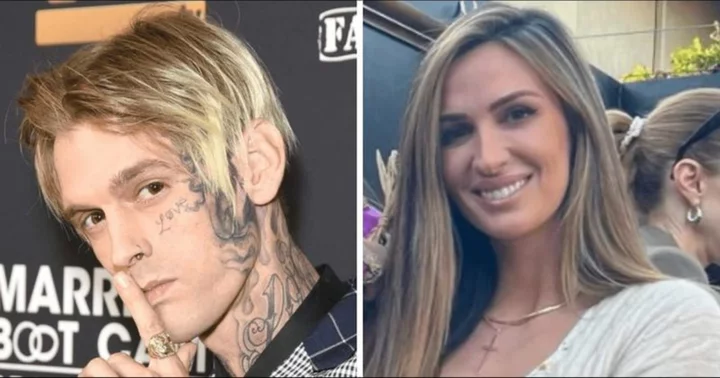
Aaron Carter's twin sister Angel invites fans to visit late singer's memorial, reveals his 'final resting place'
'He adored his fans, and I know how much this would mean to him having a final resting place where we could all celebrate his life,' Angel Carter said
2023-10-15 05:48
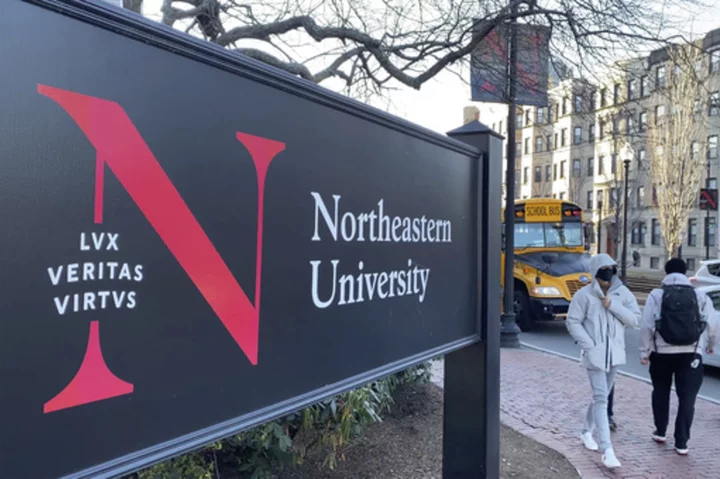
Track coach pleads guilty in federal court to tricking women into sending him nude photos
A former college track and field coach accused of setting up sham social media and email accounts in an attempt to trick women into sending him nude or semi-nude photos of themselves has pleaded guilty in federal court in Boston
2023-11-23 03:17

Alleged bodies of 'non-human beings' shown in Mexican Congress
The alleged bodies of two "non-human beings" were presented during a congressional hearing in Mexico, generating a mixture of surprise, disbelief and ridicule...
2023-09-14 09:15
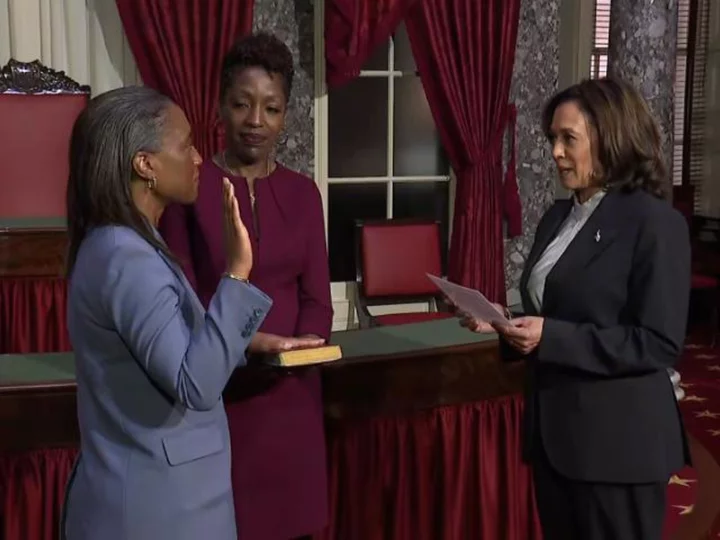
Laphonza Butler sworn in as California's newest senator
Democratic Sen. Laphonza Butler made history Tuesday when she was sworn in by Vice President Kamala Harris as the first out Black lesbian to enter Congress and the only Black woman presently serving in the Senate.
2023-10-04 03:47
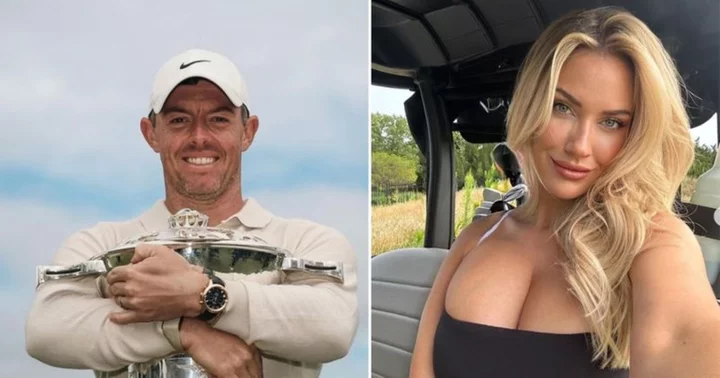
Paige Spiranac's brief take on Rory McIlroy's Ryder Cup altercation with Jim 'Bones' Mackay: 'Things are heating up'
Star golfer Rory McIlroy of Team Europe found himself in an altercation during the intense Ryder Cup action on Saturday
2023-10-01 17:20
You Might Like...
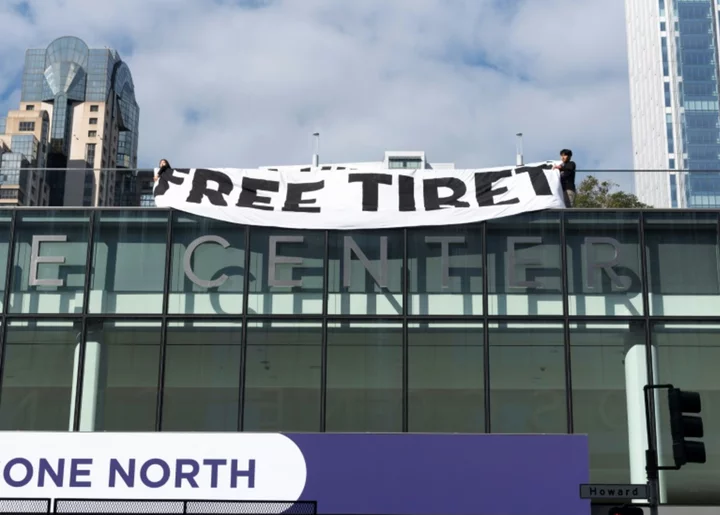
Biden embraces allies as Xi comes to San Francisco

When Paige Spiranac blasted golf influencer after her dad slid into DM and called her 'bad role model'
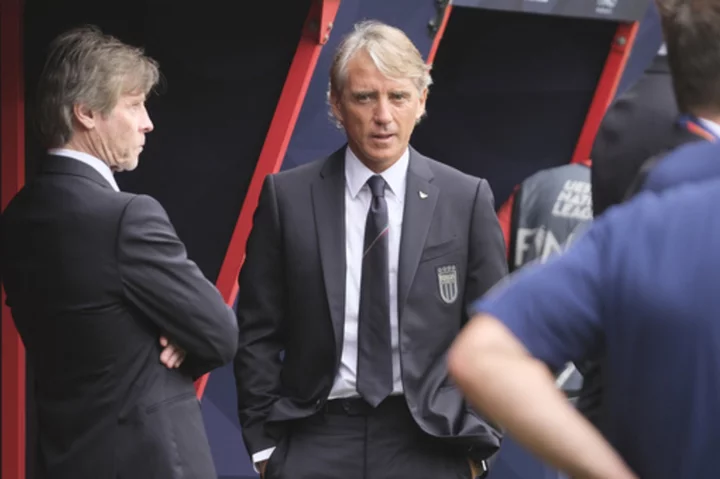
Roberto Mancini announces surprise resignation as Italy coach after up-and-down tenure

Biden approves largest offshore wind project in US history
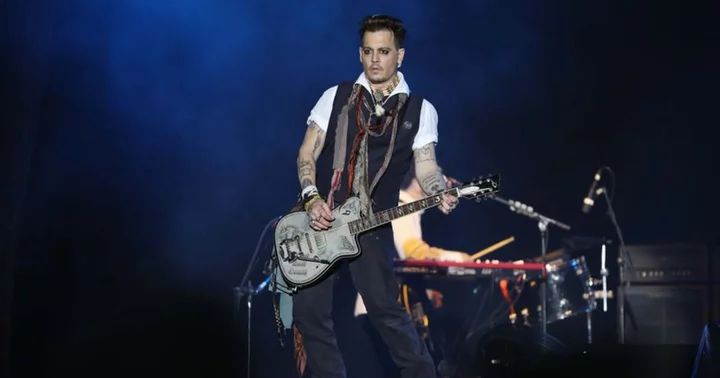
Is Johnny Depp lying about 'illness'? Fans furious after actor spotted drinking after canceling concert for the fourth time
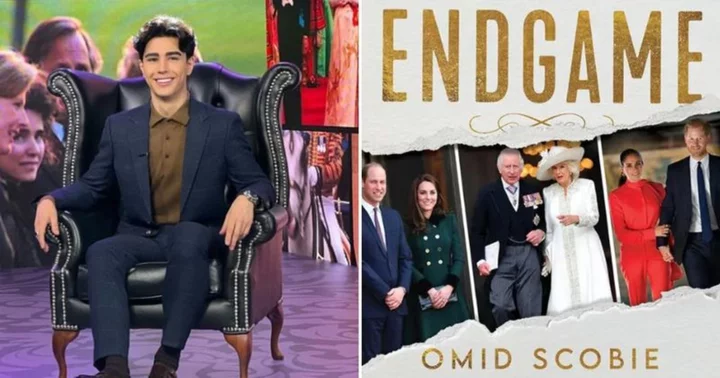
'That's no mistake': Internet smells something fishy about 'error' in Dutch edition of Omid Scobie's book 'Endgame'

The US sanctions Mexican Sinaloa cartel members and firms over fentanyl trafficking

Mindy Kaling says she's 'really confident' about her slimmed-down body as she tunes out the trolls
